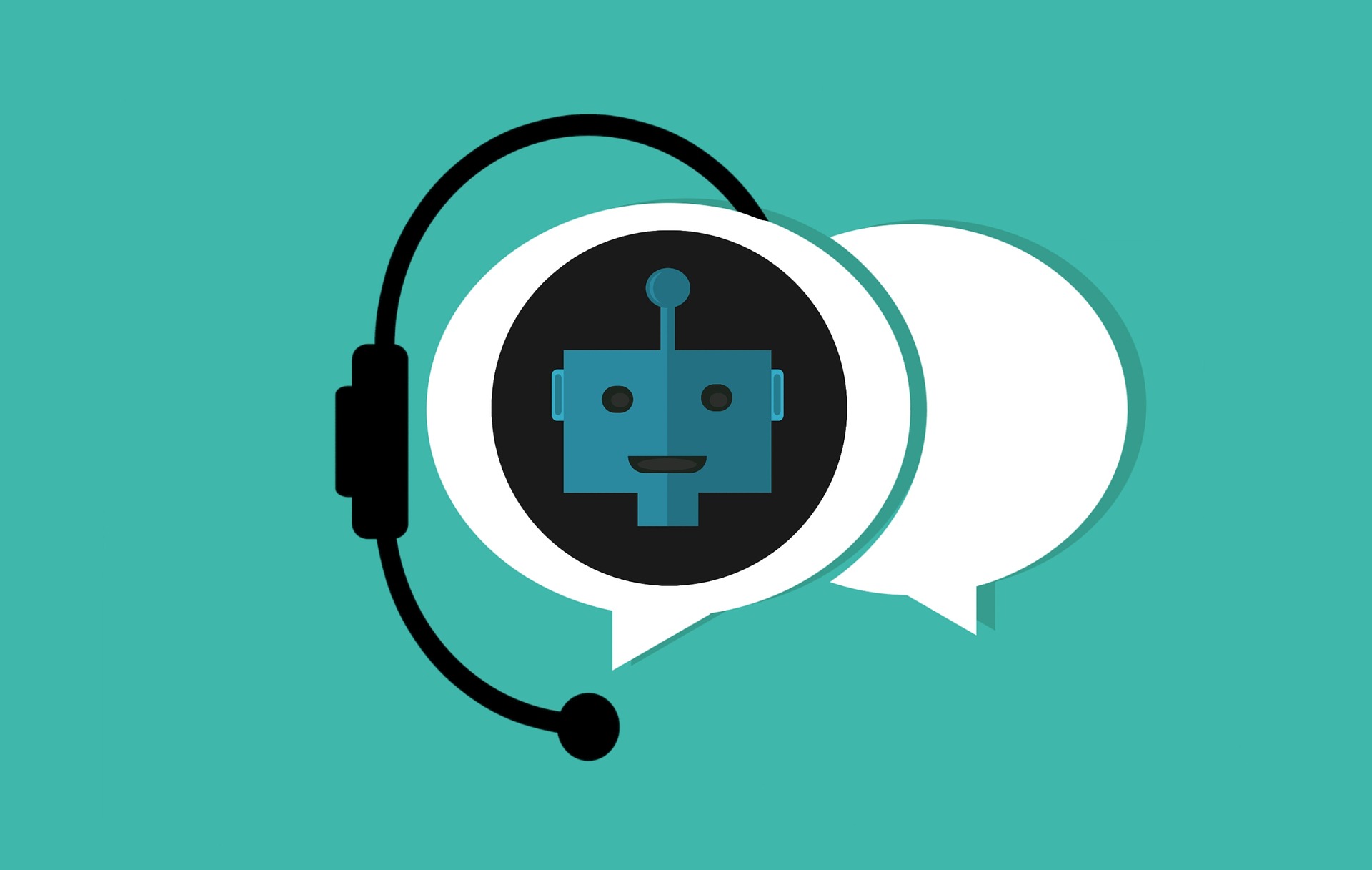Last week we had the privilege to take part in a corporate coaching session with Viviana Konstantynowsky, executive coach and member of Opinno’s Expert Council.
Konstantynowsky’s presentation intended to persuade us of the value of executive coaching and to show us how our team can achieve more. These rules and principles can be applied to any organisation.
If you lead a team of highly qualified people with the right skills who continuously want to achieve more, coaching can release potential and increase performance. Think about how much your business could grow if all your people would be able to fulfil their potential at work. Coaching is about becoming more focused and results-oriented, deconstructing fears, empowering people to take ownership of their jobs and much more. Above all, coaching is about putting people in a position to succeed. It doesn’t matter you hire talented people if they can’t align to the corporate values. It doesn’t matter that you have years of management experience in a country with different values, where people have a different definition of success. Gary Vaynerchuk names self-awareness the most important quality to succeed in business. Good coaches, bosses, tutors, mentors should instil this value in anyone who comes to them for advice.
During our session, we also discussed how coaching had borrowed a couple of principles from NLP (Neuro-linguistic programming). Coaches rarely answer questions. This is because we all have the intrinsic capacity to solve the problems we’re facing. We know the answers. A good coach will shed light on limiting beliefs, feelings, and identity issues that might hinder performance.
Reverting to an article published on systems thinking, it can only take one person with the right mindset and coach to transform an entire organisation. A business is a system of interconnected parts in which everyone plays a role. Those who internalised the company’s values and thrive at work will move the organisation forward.

The future: chatbot coaching?
Konstantynowsky discussed how digitisation transforms the discipline of coaching and what are the implications of the digital transformation. Are chatbots going to substitute human coaches? It’s very unlikely. Coaching is one of the disciplines that’s based on a profound understanding of people: their aspirations and the intrinsic motivations that make them do what they do. Coaching cannot exist in the absence of empathy, human connection and a genuine desire to help people to achieve things they didn’t know were capable of.
Coaching will become more data-driven
One thing that will change coaching is the integration of big data to increase effectiveness. Clients will only choose executive coaches that can demonstrate measurable results. Recently, McKinsey announced that their people analytics department, a team of data scientists and psychologists, has been able to create algorithms that can predict the exact number of hours of executive coaching needed to achieve specific targets.
Executive coaching can bring tremendous value to organisations. It will accelerate performance and move the organisation forward to success. In the age of big data, coaching will become more focused and results-oriented. Furthermore, until algorithms find a way to “create” emotional intelligence, we’ll continue to hone our people skills and count on the guidance of coaches we know and trust.



